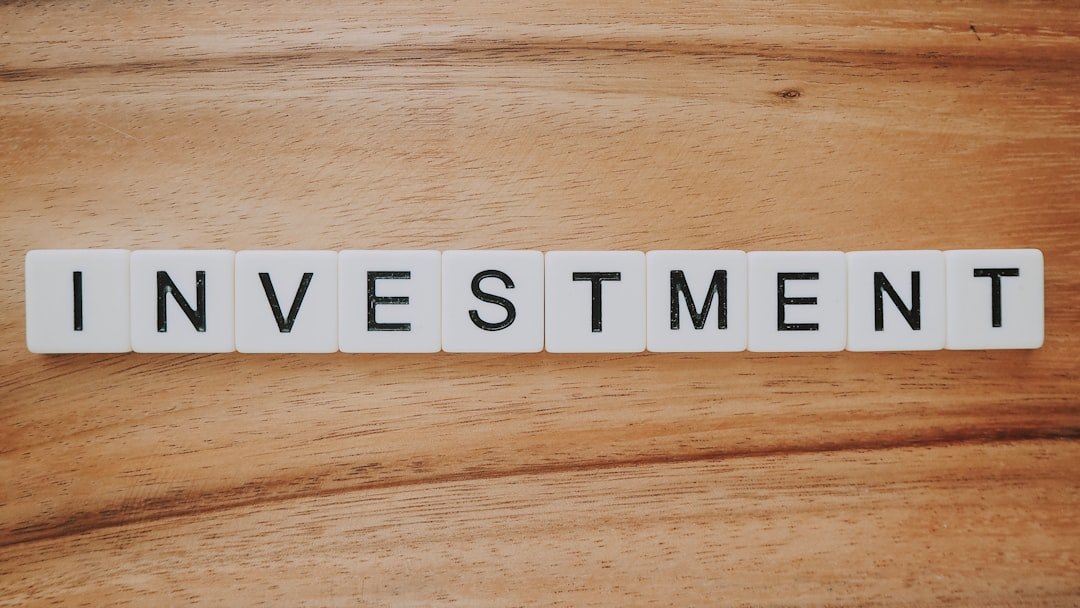The Importance of an Emergency Fund
So, you’re ready to start investing, aiming for that dream retirement or a down payment on a house? That’s fantastic! But before you dive into the exciting world of stocks, bonds, and mutual funds, there’s one crucial step you absolutely must take: building a robust emergency fund. Think of it as the foundation upon which your entire financial house will be built. Without it, even the most well-crafted investment strategy can crumble under unexpected financial pressures.
What is an Emergency Fund?
An emergency fund is a readily accessible savings account specifically designed to cover unexpected expenses. This isn’t money for a new car or a vacation; it’s for emergencies like sudden job loss, unexpected medical bills, home repairs, or car troubles. The goal is to have enough saved to cover 3-6 months of your essential living expenses.
Why Prioritize an Emergency Fund Before Investing?
Many people make the mistake of jumping straight into investments without first establishing a solid emergency fund. This can lead to significant financial problems down the line. Here’s why an emergency fund takes precedence:
1. Protects Your Investments
Imagine you’ve diligently invested your money, and then an unexpected crisis hits. Without an emergency fund, you might be forced to sell your investments at a loss to cover the emergency, potentially undermining years of careful planning and growth.
2. Prevents Debt Accumulation
Facing an emergency without savings often leads to relying on high-interest debt like credit cards or payday loans. These can significantly impact your financial well-being and make it harder to achieve your long-term financial goals, including investing.
3. Provides Financial Security and Peace of Mind
Knowing you have a financial safety net in place offers immense peace of mind. This reduces stress and allows you to make more rational decisions regarding your finances without the pressure of immediate financial worries.
4. Allows for Strategic Investing
When you have an emergency fund, you can take a more calculated approach to investing. You won’t be tempted to make impulsive decisions driven by fear or panic, allowing you to stick to your long-term investment strategy.
How Much Should You Save?
Financial experts generally recommend saving enough to cover 3-6 months of your essential living expenses. This includes rent or mortgage payments, utilities, groceries, transportation, and any debt payments. The higher your risk tolerance and the more unpredictable your income, the more you may want to save.
Tips for Building Your Emergency Fund
Building an emergency fund takes discipline and planning. Here are some helpful tips:
- Set a realistic goal: Start small and gradually increase your savings.
- Automate your savings: Set up automatic transfers from your checking account to your savings account each month.
- Track your progress: Regularly monitor your savings to stay motivated.
- Reduce unnecessary expenses: Identify areas where you can cut back on spending.
- Consider a high-yield savings account: Earn interest on your savings while they grow.
Conclusion
Building an emergency fund is not just a good idea; it’s a critical first step before you start investing. It provides a crucial financial safety net, allowing you to weather unexpected storms and pursue your long-term financial goals with confidence and peace of mind. Prioritize your emergency fund, and you’ll build a solid foundation for a financially secure future.








